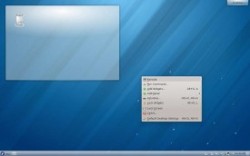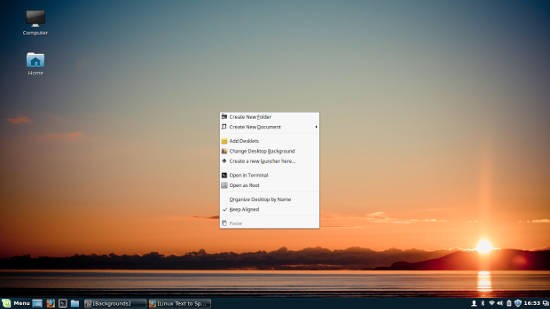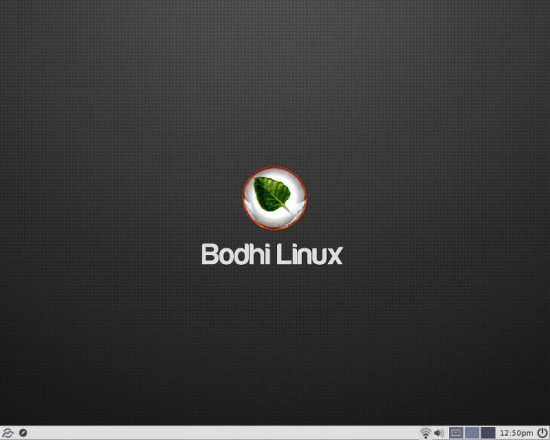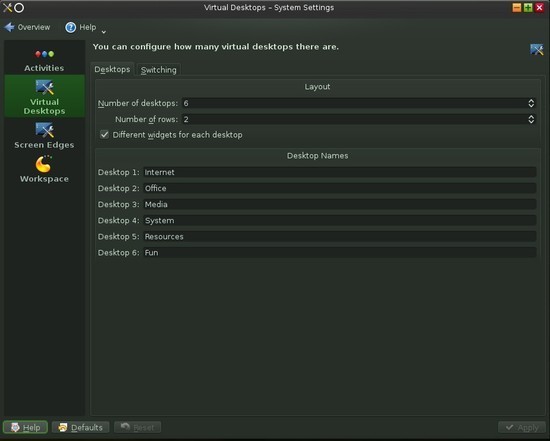We’ve been in this bid’ness for ten years now. The business of giving Linux-powered computers to kids who cannot afford this technology, or any technology for that matter. And so far so good. There have been some lessons learned along the way. Some of those lessons small but valuable. Some of those lessons so painful that we had no choice but to change the way we do things. And never doubt…there were uh, spirited discussions about this change. Yeah, we’ll stick to “spirited”. I’ve been to football matches in Great Britain and Germany that couldn’t come close to such levels of “spirit.” So which thing could bring about this measure of “spirited” discussion?
 The Linux desktop environment. Environments such as Unity, KDE, Mate, Cinnamon, etc.
The Linux desktop environment. Environments such as Unity, KDE, Mate, Cinnamon, etc.
These environments all have their strengths and their weaknesses, just like any number of things you might put up for comparison. But this business of desktop environments, well…there are a lot of moving parts here. A lot of things to consider, and most importantly, the mechanics that lead us to our decision to use one environment over the other.
Ken Starks is the founder of the Helios Project and Reglue, which for 20 years provided refurbished older computers running Linux to disadvantaged school kids, as well as providing digital help for senior citizens, in the Austin, Texas area. He was a columnist for FOSS Force from 2013-2016, and remains part of our family. Follow him on Twitter: @Reglue


 The good guys and gals at Linux Mint are on a roll, with three long-term support (LTS) releases in a row. It all started back in May of last year, with the release of 17.0, called Qiana, followed in January by
The good guys and gals at Linux Mint are on a roll, with three long-term support (LTS) releases in a row. It all started back in May of last year, with the release of 17.0, called Qiana, followed in January by  The Bodhi development folks have been busy bees since lead developer Jeff Hoogland returned to retake his place beneath the Bodhi tree. First, there was the release of version 3.0.0 back in February. Then, a couple of weeks ago came the release of 3.1.0. Although this might be supposed to be a “minor” point grade release, it’s a “big deal” according to the distro’s website. Why? Because it introduces a new desktop called Moksha.
The Bodhi development folks have been busy bees since lead developer Jeff Hoogland returned to retake his place beneath the Bodhi tree. First, there was the release of version 3.0.0 back in February. Then, a couple of weeks ago came the release of 3.1.0. Although this might be supposed to be a “minor” point grade release, it’s a “big deal” according to the distro’s website. Why? Because it introduces a new desktop called Moksha.
 Learning of this, and being a big Bodhi fan, I was eager to download and install this new version to take the newly forked desktop for a spin, which I did earlier this week.
Learning of this, and being a big Bodhi fan, I was eager to download and install this new version to take the newly forked desktop for a spin, which I did earlier this week. On Saturday the popular desktop environment GNOME turned eighteen. Always looking for an excuse for chocolate cake and ice cream, this is a birthday I celebrated, even though I’m not a user.
On Saturday the popular desktop environment GNOME turned eighteen. Always looking for an excuse for chocolate cake and ice cream, this is a birthday I celebrated, even though I’m not a user.
 “The code we’re releasing is the server side of what desktop clients connected to when syncing local or remote changes,” said Martin Albisetti, Canonical’s Director of Online Services,
“The code we’re releasing is the server side of what desktop clients connected to when syncing local or remote changes,” said Martin Albisetti, Canonical’s Director of Online Services, 




